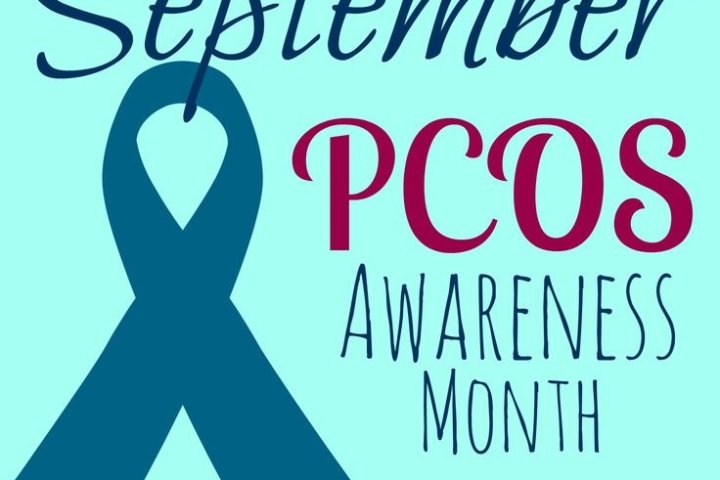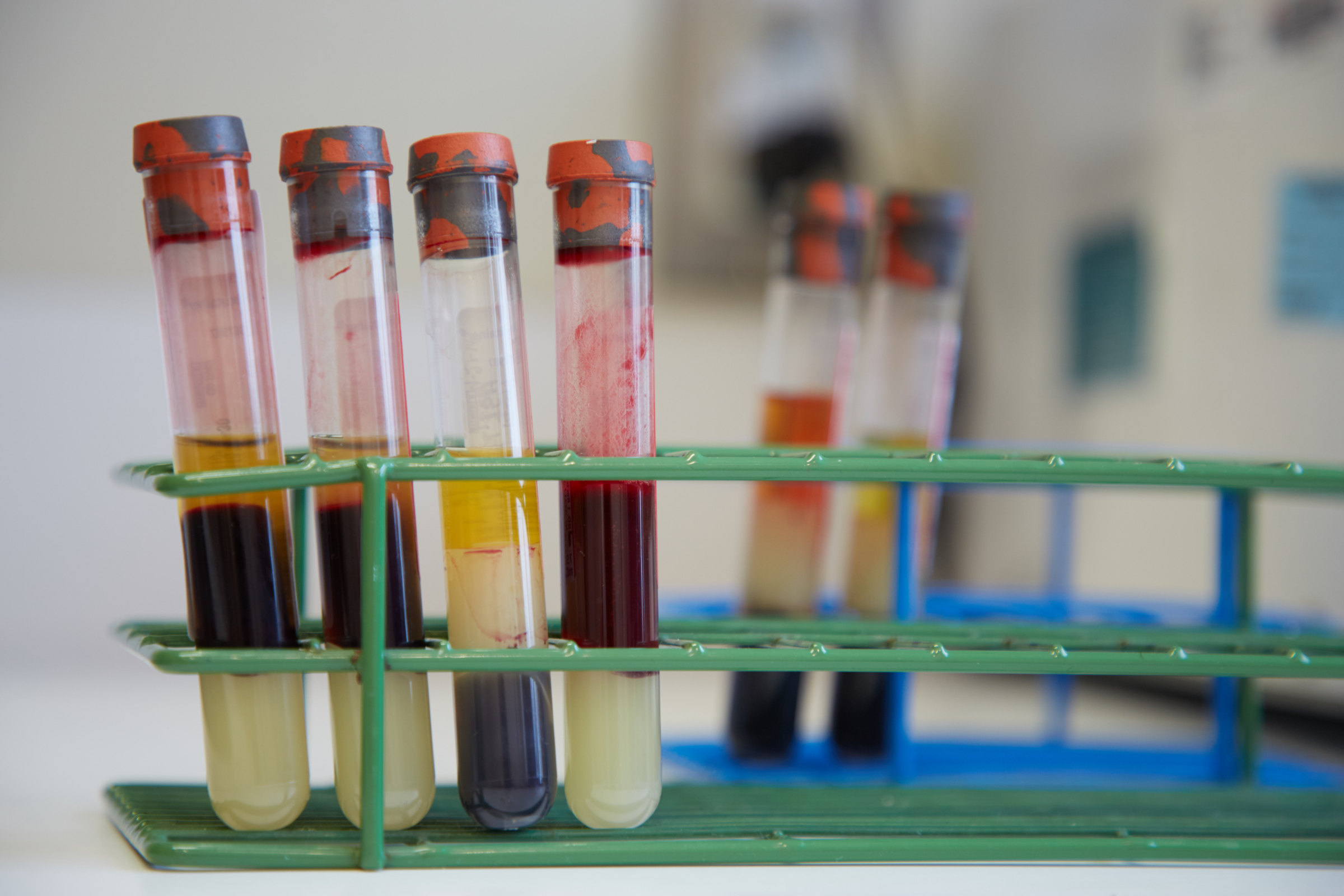
Image courtesy of duron123 at FreeDigitalPhotos.net
Having a baby should be an easy, uncomplicated, and joyous time. But for those experiencing infertility, their dream of parenthood can be a road pitted with tough decisions – including when to stop treatment. Infertility is a disease of the reproductive system, as acknowledged by the American Medical Association. One in eight couples experience infertility, so there’s a good chance most people will know someone who’s been affected.
While there are many other ART (Assisted Reproductive Technologies) treatment options available, In Vitro Fertilization (IVF) is a well-established, safe, and effective treatment option for infertility with over 140,000 IVF cycles reported each year in the US, according to SART statistics.
A large recent study published in the Journal of the American Medical Association has found that almost two-thirds of patients going through IVF will have a child by the sixth cycle; dispelling the assumption that the chances of success after three or four failed tries are dismal. The study included 156,947 women from the UK who received 257,398 IVF cycles between 2003 and 2010, and were followed up until June 2012.
A woman’s age made a big difference in the study. The live birthrate among women younger than 40 after the first cycle was 32.3%, and remained above 20% up to and including the fourth cycle. After six cycles a whopping 68.4% had a baby. For women ages 40 to 42, just 12.3% were successful after the first cycle. Although each subsequent cycle produced lower percentages, after 6 cycles this group achieved a take-home baby rate of 31.5%. For women older than 42 years, all rates within each cycle were far less than their younger counterparts. However, no age differential was observed among women using donor eggs.
The New York Times quoted Barbara Collura, the chief executive of Resolve, saying the study’s deeper message to women is “be prepared for three or four or five failures to get what you want.” She also said it was essential for infertile couples to seek out emotional support from family or friends, a patient group or a professional.
Evidently the old proverb was right . . . “If at first you don’t succeed, try, try again.”
If you’re trying to have a baby and would like to learn more about GENESIS Fertility or are ready to schedule an appointment, please speak with one of our New Patient Specialists at 718-GENESIS (718-436-3747).
Related Posts:
What are the chances your IVF treatment will be successful?
Minimal Stimulation IVF on the rise




